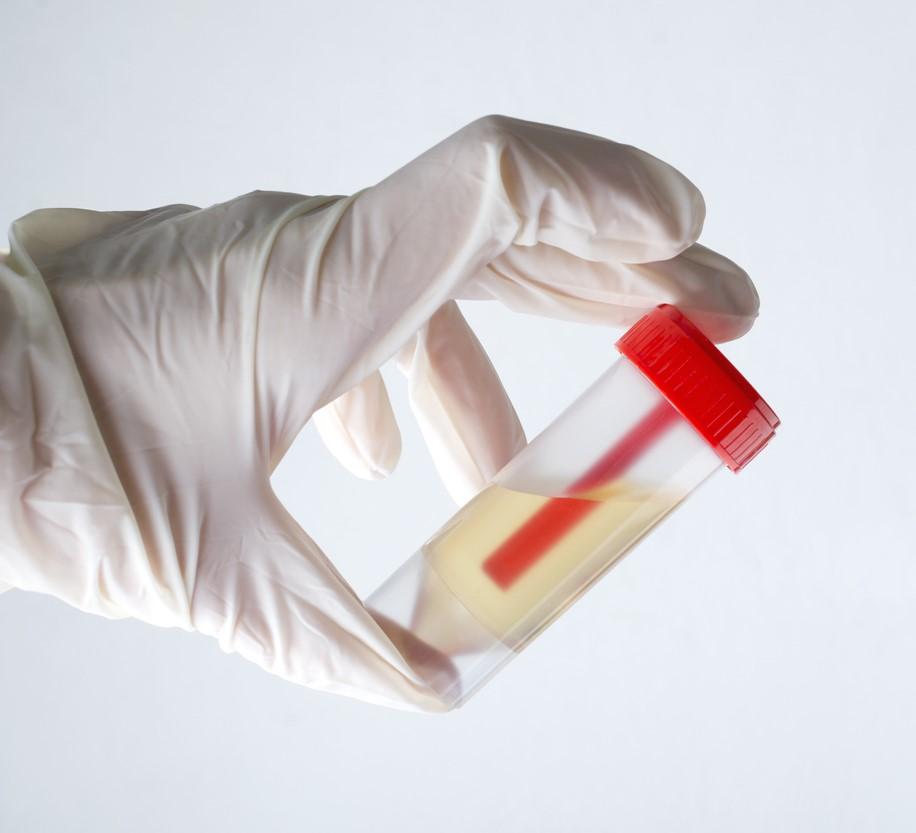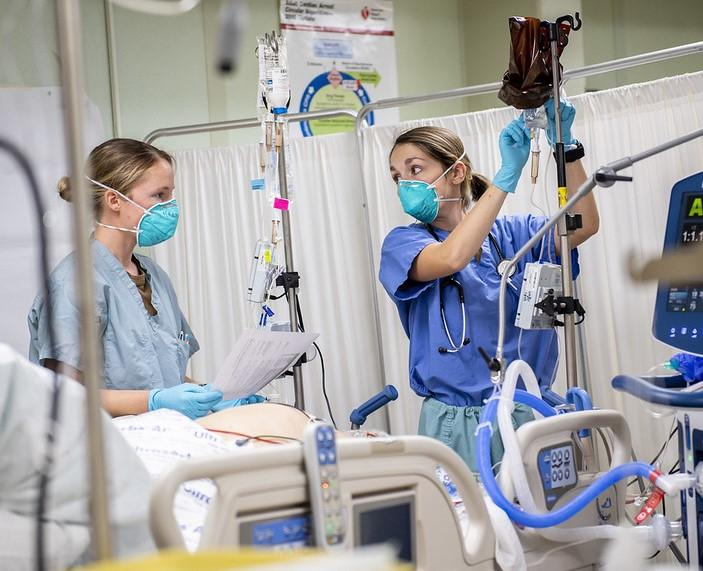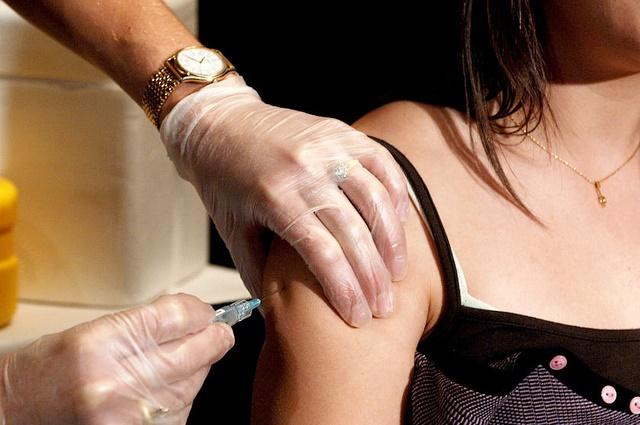
A study involving more than 11,000 patients found that bacteremia from a presumed urinary source was rare in patients with asymptomatic bacteriuria (ASB), even in those with altered mental status (AMS), US researchers reported today in JAMA Network Open.
Although treatment guidelines recommend withholding antibiotic treatment for ASB, which is the presence of bacteria in the urine in the absence of signs or symptoms of a urinary tract infection (UTI), inappropriate antibiotic treatment remains common, particularly in older adults who present with AMS.
One reason is that clinicians fear that poor outcomes, such as bacteremia from a UTI, could occur if antibiotics aren't initiated early. So a team led by researchers at Duke University School of Medicine set out to determine how prevalent bacteremia from a urinary source is in a large, multihospital cohort of patients with ASB.
Data support withholding antibiotics for ASB
Of the 11,590 hospitalized patients with ASB at 68 US hospitals (median age, 78.2 years; 74.2% female; 76.8% White), 72.2% received antibiotic treatment for UTI, and 1.4% had bacteremia from a urinary source. Among patients with ASB, 43.6% had AMS, and only 0.7% of patients with AMS and no systemic signs of infection had bacteremia from a presumed urinary source.
On multivariable analysis, male sex (adjusted odds ratio [aOR], 1.45; 95% confidence interval [CI], 1.02 to 2.05), hypotension (aOR, 1.86; 95% CI, 1.18 to 2.93), two or more systemic inflammatory response criteria (aOR, 1.72; 95% CI, 1.21 to 2.46), urinary retention (aOR, 1.87; 95% CI, 1.18 to 2.96), fatigue (aOR, 1.53; 95% CI, 1.08 to 2.17), log of serum leukocytosis (aOR, 3.38; 95% CI, 2.48 to 4.61), and pyuria (aOR, 3.31; 95% CI, 2.10 to 5.21) were associated with bacteremia.
The researchers estimated that if a 2% or higher risk of bacteremia were used as a cutoff for empiric antibiotics, antibiotics would have been avoided in 78.4% of empirically treated patients with a low risk of bacteremia.
"These data reinforce prior evidence highlighting the poor yield of urine and blood cultures among hospitalized patients without systemic signs of infection and support not empirically treating patients with AMS and no systemic signs of infection," the study authors wrote.
















